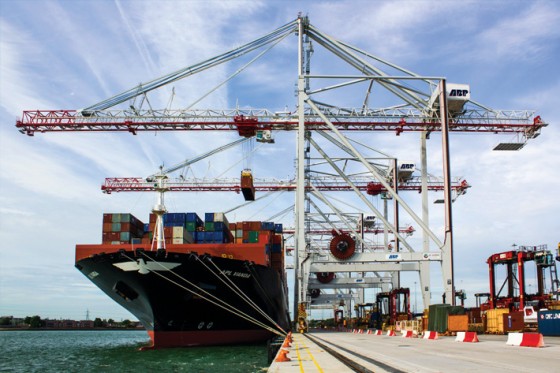
Trade
Covid and climate spending set to trigger surge in trade disputes
MSN27.06.2021Read original
Oliver Griffiths, chief executive of the Trade Remedies Authority (TRA), predicted ministers will need to ramp up action, including tariffs, to counter a “significant amount” of financial aid doled out during the pandemic and to underpin the shift away from fossil fuels.
The TRA investigates cases of UK firms facing unfair trading practices and recommends countermeasures to ministers, such as hiking tariffs on certain imports. The UK has regained these powers after Brexit and the body is facing a creaking international trade system as protectionism soars.
Mr Griffiths said: “It’s probably the case that we are going to see more use of trade remedies measures rather than fewer.
“We have a significant amount of subsidy that’s been going into the global economy as part of the response to Covid. And we’re likely to see a lot of subsidy going into the global economy as we look to hit net zero carbon.”
Mr Griffiths said the fight against Covid and the climate crisis are likely to cause “trade distortions going forward”.
The TRA opened its first new case last week and will investigate whether aluminium is being dumped on the UK market by Chinese firms. Dumping is when a producer exports goods to a country at well below the normal price, driving out domestic competition to take market share.
Mr Griffiths said the “continued rise of non-market economies” will also lead to more corrective trade measures as Western countries urge for global reform to stop unfair trade practices by China. Beijing has been accused of undermining the international trade system with heavy state subsidies and dumping goods, such as steel, on markets.
There has been a renewed push to overhaul the World Trade Organisation after the paralysed global trade referee struggled to cope with the recent rise in protectionism.
Ahead of a crucial WTO meeting later this year, the G7 countries have called for reform and warned of an “increased use of non-market policies and practices”.
